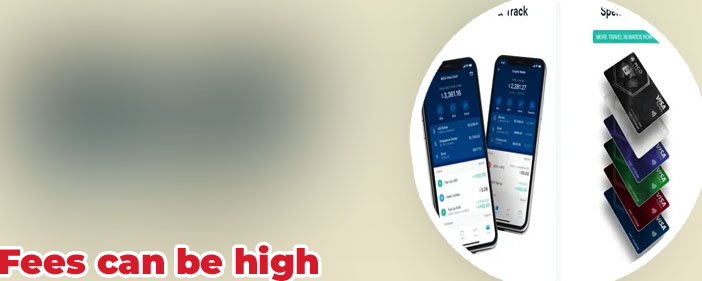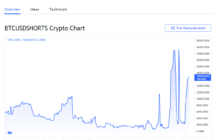When it comes to navigating the world of cryptocurrency, understanding the fees associated with various platforms and transactions is crucial. To help you make informed decisions, we have compiled a list of three articles that will provide valuable insights into Cryptocom fees. From understanding fee structures to tips on minimizing costs, these articles will equip you with the knowledge needed to manage your cryptocurrency transactions effectively.
Demystifying Cryptocom Fees: A Comprehensive Guide to Understanding Costs
Cryptocurrency trading can be a lucrative venture, but one aspect that often confuses investors is the fees associated with it. Understanding these costs is crucial to making informed decisions and maximizing profits. In this comprehensive guide, we will delve into the world of cryptocom fees and demystify the various charges that traders may encounter.
One of the most common fees in the cryptocom world is the trading fee, which is charged by exchanges for executing buy and sell orders. This fee can vary depending on the platform, trading volume, and type of order. Additionally, there are withdrawal fees, deposit fees, and network fees that traders need to be aware of. These fees can eat into profits if not carefully considered.
It is also important to note that some exchanges offer discounts on fees for high-volume traders or users who hold their native tokens. By taking advantage of these discounts, traders can minimize costs and increase their overall returns. Additionally, understanding the fee structure of different exchanges can help traders choose the platform that best suits their trading style and budget.
In conclusion, demystifying cryptocom fees is essential for any investor looking to navigate the world of cryptocurrency trading successfully. By understanding the various costs involved and taking advantage of fee discounts, traders can optimize their trading strategies and ultimately achieve their financial goals
Strategies for Minimizing Cryptocom Fees: Tips and Tricks for Cost-Effective Transactions
In the world of cryptocurrency, transaction fees can often eat into your profits if you're not careful. That's why it's crucial to have strategies in place to minimize these fees and ensure cost-effective transactions.
One tip to keep in mind is to carefully choose the right time to make your transactions. Cryptocurrency fees can fluctuate depending on network congestion, so it's wise to wait for off-peak times to send your coins. This simple trick can save you a significant amount in fees.
Another strategy is to utilize the batching method when sending multiple transactions. By bundling your transactions together, you can reduce the overall fees you'll have to pay. This is a smart way to optimize your costs and make the most out of each transaction.
Additionally, consider using alternative cryptocurrencies with lower fees for your transactions. Some coins offer much lower transaction fees compared to popular options like Bitcoin or Ethereum. By diversifying your portfolio and using different cryptocurrencies, you can save on fees and maximize your profits.
In conclusion, by implementing these tips and tricks, you can effectively minimize cryptocurrency fees and ensure cost-effective transactions. This is important for anyone looking to optimize their cryptocurrency transactions and save money in the process.
Comparing Cryptocom Fee Structures: How to Choose the Right Platform for Your Needs
With the increasing popularity of cryptocurrencies, choosing the right platform to trade on can be a daunting task. One of the key factors to consider when selecting a cryptocurrency exchange is the fee structure. Different platforms have varying fee structures that can significantly impact your trading experience. Here are some key points to consider when comparing fee structures:
-
Trading Fees: Most cryptocurrency exchanges charge a trading fee for each transaction you make. These fees can vary widely, so it's important to compare them across different platforms. Some exchanges offer lower trading fees for high-volume traders, while others have a flat fee for all users.
-
Deposit and Withdrawal Fees: In addition to trading fees, some exchanges also charge fees for depositing and withdrawing funds. These fees can add up quickly, especially if you are making frequent transactions. Be sure to check the deposit and withdrawal fees on each platform to avoid any surprises.
-
Maker vs. Taker Fees: Some exchanges differentiate between maker and taker fees. Maker fees are charged when you place a limit order that adds liquidity to the order book, while taker fees are charged when you place a market order that removes liquidity from the order book. Understanding the difference between these fees can help you optimize your trading strategy.
-
Fiat Currency Fees: If you



